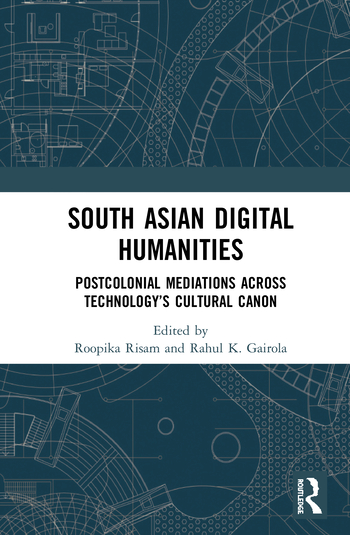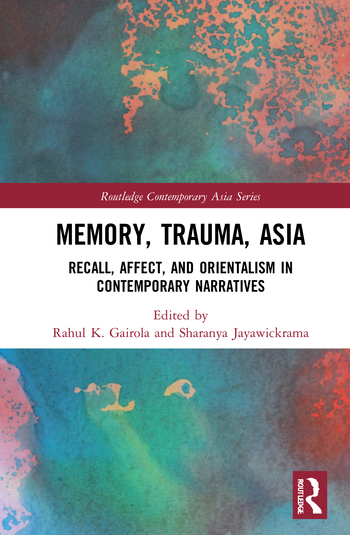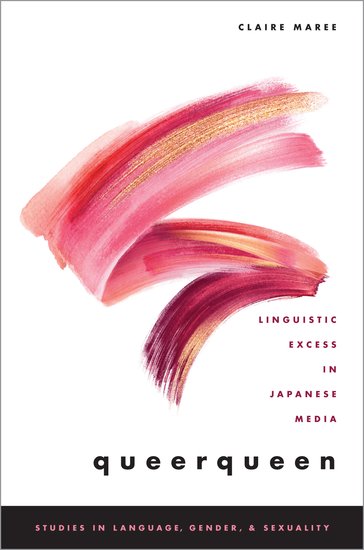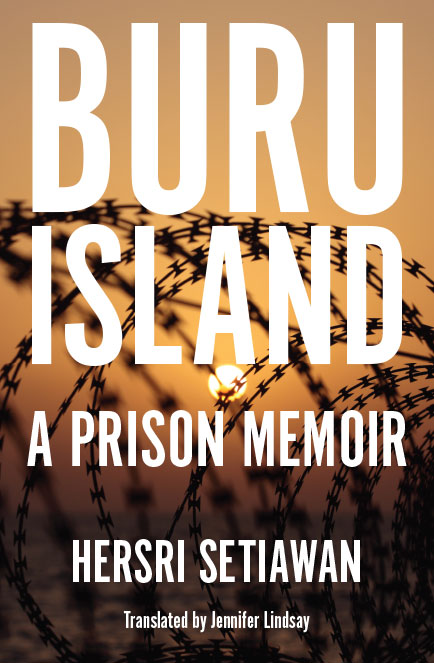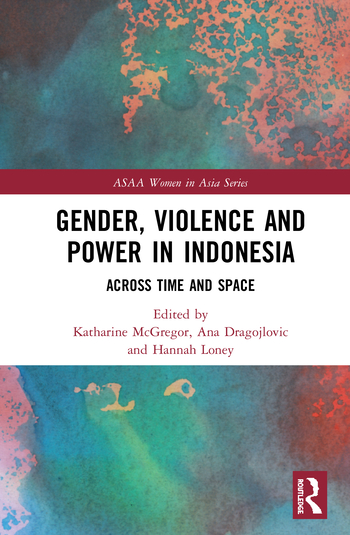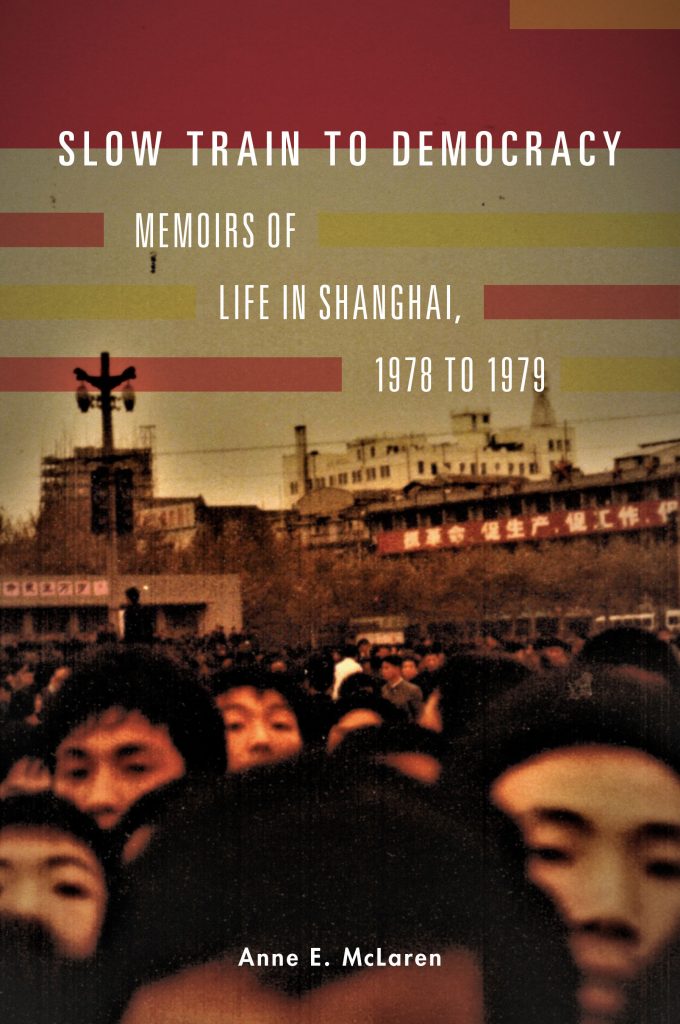Books
New Books from the ASAA Network
Edited by Roopika Risam, Rahul K. Gairola
The digital cultural record has a powerful role to play in both new and future strategies of creating new homes within the digital milieu. For example, the development and establishment of new digital archives around South Asian studies not only allows us to create new archives of the past but also to remember and commemorate the past differently.
The digital cultural record has a powerful role to play in both new and future strategies of creating new homes within the digital milieu. For example, the development and establishment of new digital archives around South Asian studies not only allows us to create new archives of the past but also to remember and commemorate the past differently. New maps transform how we understand space and place. And new digital comfort zones facilitate connections for those whose family and loved ones are only accessible online. Such interventions are essential to the recuperation of the integrity and soul of a people who have lived through and continue to shoulder the fraught and painful legacies of the British Empire and the communal bloodshed wrought by its demise.
Building on the important history of digital humanities scholarship in South Asia and its diasporas that precedes this work, this book contends that South Asian studies is further positioned to offer a new genealogy of digital humanities, demonstrated through this assemblage of essays that reveal how the digital continues to shape notions of home, belonging, nation, identity, memory, and diaspora through a variety of humanistic methodologies and digital techniques.
South Asian Digital Humanities thus demonstrates that postcolonial digital humanities has great possibility for creating some of the most important social justice scholarship in South Asian studies of the past century. It offers these essays as innovative interventions that complicate the digital cultural record while lodging a ‘homelanding’ for South Asians within it, positioning digital humanities as a method through which South Asian studies can strategically participate in the ongoing struggle for representation within digital knowledge production.
This book was originally published as a special issue of South Asian Review.
Edited by Rahul K. Gairola, Sharanya Jayawickrama
The contributors to this volume re-think established insights of memory and trauma theory and enrich those studies with diverse Asian texts, critically analyzing literary and cultural representations of Asia and its global diasporas. They broaden the scope of memory and trauma studies by examining how the East/ West binary delimits horizons of “trauma” by excluding Asian texts.
Are memory and trauma always reliable registers of the past that translate across cultures and nations? Are supposedly pan-human experiences of suffering disproportionately coloured by eurocentric structures of region, reason, race, or religion? How are Asian texts and cultural producers yet viewed through biased lenses? How might recent approaches and perspectives generated by Asian literary and cultural texts hold purchase in the 21st century? Critically meditating on such questions, and whether existing concepts of memory and trauma accurately address the histories, present states, and futures of the non-Occidental world, this volume unites perspectives on both dominant and marginalized sites of the broader Asian continent. Contributors explore the complex intersections of literature, history, ethics, affect, and social justice across East, South, and Southeast Asia, and on Asian diasporas in Australia and the USA. They draw on yet diverge from “Orientalism” and “Area Studies” given today’s need for nuanced analytical methodologies in an era defined by the COVID-19 global pandemic.
This book will be of great interest to students and scholars invested in memory and trauma studies, comparative Asian studies, diaspora and postcolonial studies, global studies, and social justice around contemporary identities and 20th and 21st century Asia.
- Critically analyzes the figure of the queerqueen in a diversity of Japanese media texts from conversational dialogues (taidan) to parody animations
- Proposes the notion of “language labor” as central to our understanding of how styles are entextualized, mediatized, and commodified
- Examines tropes of censorship and voyeurism in contemporary print and audiovisual media
Launched as part of the ASAA2020 online conference activities:
“Redding’s approach is both novel and provocative. A Secular Need will make a unique contribution to the study of Islamic law as it is administered outside of the official judicial system in India.”
– Sylvia Vatuk, author of Marriage and Its Discontents: Women, Islam, and the Law in India
Whether from the perspective of Islamic law’s advocates, secularism’s partisans, or communities caught in their crossfire, many people see the relationship between Islamic law and secularism as antagonistic and increasingly discordant. In the United States there are calls for “sharia bans” in the courts, in western Europe legal limitations have been imposed on mosques and the wearing of headscarves, and in the Arab Middle East conflicts between secularist old guards and Islamist revolutionaries persist—suggesting that previously unsteady coexistences are transforming into outright hostilities.
Jeffrey Redding’s exploration of India’s non-state system of Muslim dispute resolution—known as the dar-ul-qaza system and commonly referred to as “Muslim courts” or “shariat courts”—challenges conventional narratives about the inevitable opposition between Islamic law and secular forms of governance, demonstrating that Indian secular law and governance cannot work without the significant assistance of non-state Islamic legal actors.
Monash University Publishing, 2020
Translated by Jennifer Lindsay and edited by Kate McGregor and Jennifer Lindsay as part of the The Herb Feith Translation Series
Buru Island was the site of Indonesia’s most remote and infamous prison camp. In the wake of the 1965 repression of the political Left, between 1969 and 1979 approximately 12,000 men were held on Buru without formal charge or trial.
During their detention prisoners suffered torture, forced labour and malnourishment, as well as social isolation.
This book is an edited translation of the Indonesian language memoir by the writer Hersri Setiawan (b.1936) who was detained for nine years, including seven on Buru Island: as a young writer filled with hope and optimism for Indonesia’s future he had joined the left-wing cultural organisation Lekra (Lembaga Kebudayaan Rakyat, Institute of People’s Culture). Setiawan shares an intimate account of his life story leading up to and during his detention. He brings into stark light the horrors of the period after 1965, which included disappearances, murder, torture, betrayal and loss, and his own capture and incarceration on Buru Island. This is a moving and at times harrowing account of human cruelty and, at the same time, a story of survival and hope.
Michael P Griffiths, Routledge, 2019
“Community Welfare Organisations in Rural Myanmar provides an original and timely analysis of Myanmar at the cusp of change, engaging with important themes of precarity, post-agrarian change and citizenship. Through extended ethnography, Michael Griffiths gives a rarely seen, in-depth account of Myanmar’s political and societal transitions, which readers will find both absorbing and insightful.”
– Elaine Lynn-Ee Ho, National University of Singapore, author of Citizens in Motion
This book provides an in-depth study of the moral economies emerging from within conditions of precarity in rural communities in contemporary Myanmar.
James C. Scott’s seminal work on ‘The Moral Economy of the Peasant’ argued that peasant notions of subsistence and expectations of reciprocity formed the basis for subsequent rebellion as economic conditions changed and new market forces were introduced. Now, nearly a century on, Michael Griffiths argues that the conditions faced by rural communities in Myanmar remain precarious, but different forms of moral economy shape their responses. In the contemporary context, the moral economy of rural communities is characterized by the emergence of localized, self-organized community welfare associations which adopt a sophisticated iteration of self-help framed by the Buddhist concept of parahita (altruism). This book analyses the performative nature of these welfare organizations as a form of politics, asking how notions of citizenship expressed in these organizations promote more inclusive, or more exclusive practices towards non-Buddhist minorities.
At a time when discourse on identity in Myanmar has been dominated by practices of othering and exclusion, this book provides an important analysis of what citizenship and reciprocity means in contemporary rural Myanmar. This book is a critical resource for researchers working on rural development and the social sciences in Southeast Asia.
Edited By Katharine McGregor, Ana Dragojlovic, Hannah Loney, Routledge, 2020
This book uses an interdisciplinary approach to chart how various forms of violence – domestic, military, legal and political – are not separate instances of violence, but rather embedded in structural inequalities brought about by colonialism, occupation and state violence.
The book explores both case studies of individuals and of groups to examine experiences of violence within the context of gender and structures of power in modern Indonesian history and Indonesia-related diasporas. It argues that gendered violence is particularly important to consider in this region because of its complex history of armed conflict and authoritarian rule, the diversity of people that have been affected by violence, as well as the complexity of the religious and cultural communities involved. The book focuses in particular on textual narratives of violence, visualisations of violence, commemorations of violence and the politics of care.
“To truly understand China, it is important to remember how much it has changed in the last forty years. Anne McLaren happened to be there during the dramatic transition period of 1978-79 and meticulously recorded events and opinions of the so-called “ordinary people,” youth and students as they abandoned Marxism-Leninism-Mao Zedong.
Thought and moved bravely towards the new world of economic reform and open door policies…This book is a precious resource for researchers and general readers who are interested in the China of those days or China today.”
Jocelyn Chey, AM, Visiting Professor, University of Sydney, served as Cultural Counsellor in the Australian Embassy, Beijing, from 1975-1978, and as Consul-General in Hong Kong from 1992 to 1995.
Slow Train to Democracy offers a rare insight into everyday life during the first year of the reform movement that created the China of the twenty-first century. It comprises analysis of the social and political movements in Shanghai from 1978 to 1979 together with a set of primary documents, letters and diary entries recorded by the author during her stay in Shanghai from 1978 to 1979. The book reveals a vast outpouring of grievances by ordinary people at a time of dramatic social change. Late 1978 saw the emergence of protest movements in numerous Chinese cities. People called for an end to the disastrous policies of the Maoist era and for a new political system where the rulers could be made accountable. Some called for the rule of law and constitutional government. Democracy was a key term employed by demonstrators. The Square was given a new banner as “Democracy Forum”. A wall poster stated proudly: “The Democracy Train is in the Square”.
In This Section
Overview
Asian Currents
Articles
Subscribe or Submit
Asian Studies Review
Book Series
Women in Asia
East Asia
South Asia
Southeast Asia
Reports
New Books from the ASAA Network

